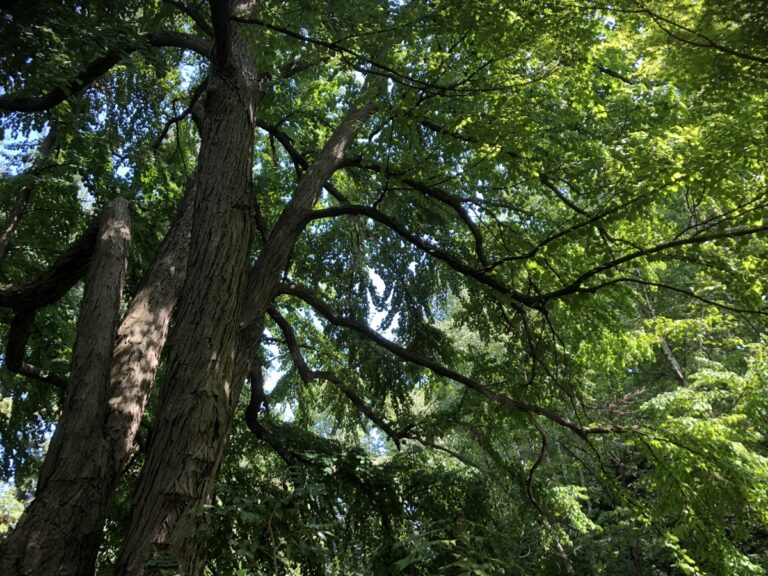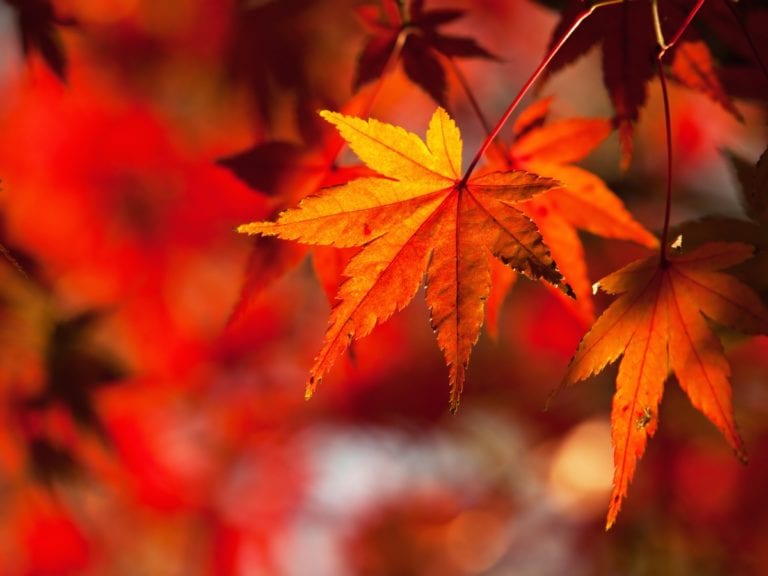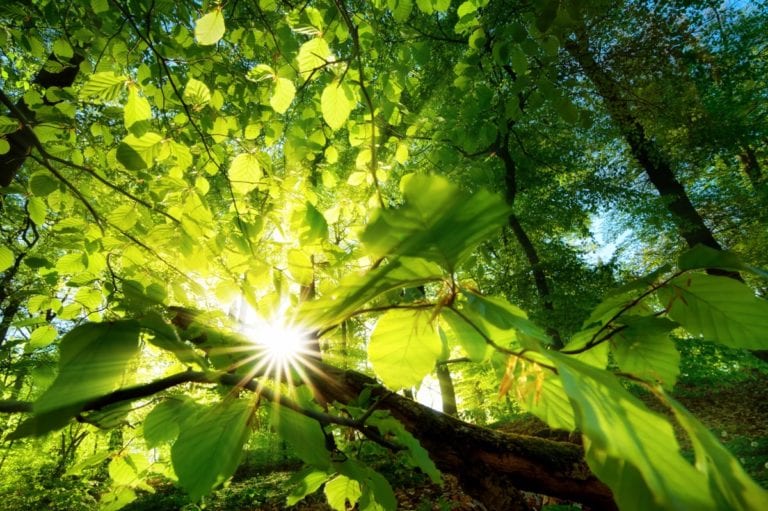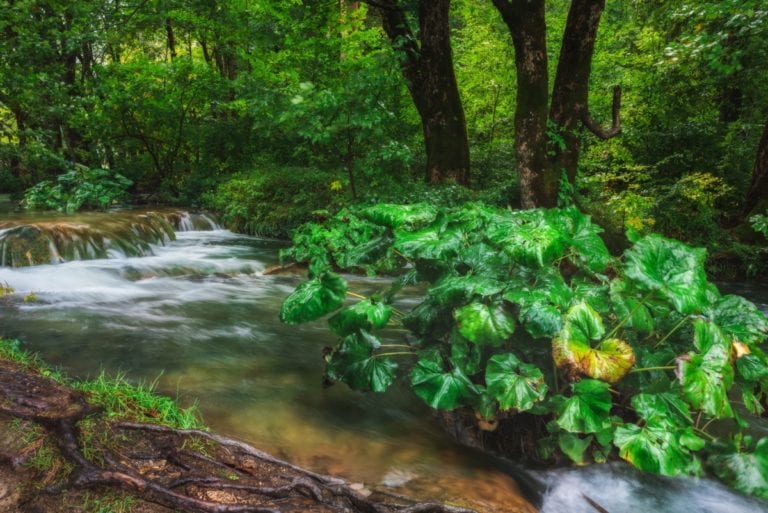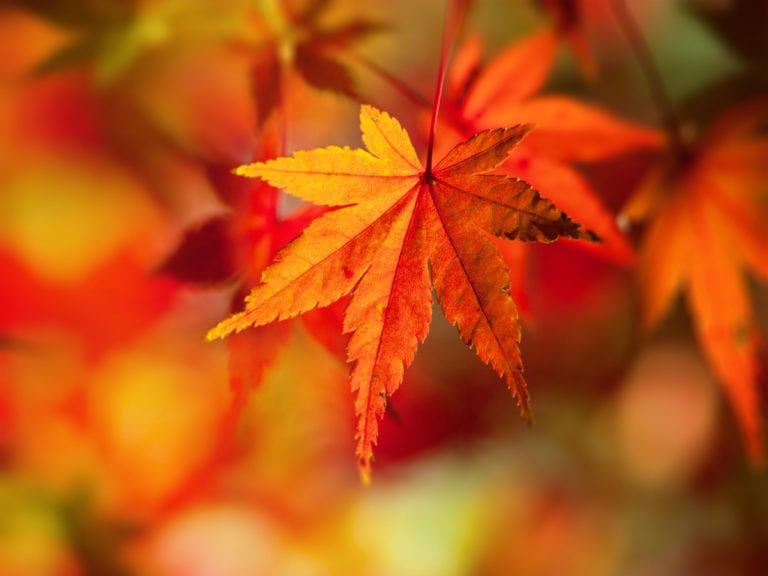Week 637: Celebrating Nature’s Intelligence – Generating Awe
Walking home through Central Park one evening, I found myself thinking about something I had read about a kind of tree whose name I can’t remember. It’s a tree that is from ages past, long past. It came into being during a time when trees required mates in order to reproduce and the powerful, and sad, thing is that there are no more mates for this tree. It is the last one of its kind in the world.
What touched me so deeply on this particular evening was a sense of awe that nature’s intelligence could have figured out how to shift from needing a physical mate to using pollinators. How did nature learn, or generate the possibility, that bees, bats, hummingbirds, and other insects could more efficiently spread pollen and do the process of fertilization? And, then, how did all those pollinators discover their essential role in the process by finding flowers as their food source?
Along with my sadness for the one remaining tree who has to continue to live without a mate, I was awe-struck as I looked around at all the trees that no longer follow that same path. I am nearly always filled with awe when I study subjects like plant intelligence, and the intelligence exhibited by other life forms. Having been raised as a human, I was always taught that humans are the most intelligent life form on the planet. I no longer believe that and am always looking for new sources of information about the intelligence of other life forms.
From the perspective of my current understanding of plant intelligence, it boggles my mind that those of us in Western cultures seem to have lost our sense of the wisdom and partnership we have available from this life form. We also know from studies that birds are very intelligent, ravens and crows high on that list. We more easily recognize intelligence in mammals, and it can be a great gift to begin to expand our understanding of the life forms with whom we share the planet by learning to recognize their sometimes very different expressions of intelligence.
I’ve just finished reading a book, “The Soul of An Octopus”, by Sy Montgomery, and have added it to the number of moving and enriching sources of information about nature’s intelligence. For this week’s experiment, I invite you to spend some time either actively seeking out these kinds of resources or, at the very least, noticing that all the life forms around you embody the same intelligence that moves through you. A couple of other books I particularly enjoyed that speak to intelligence of other species were “Beyond Words”, by Carl Safina and “The Elephant Whisperer” by Graham Spence and Lawrence Anthony. That this intelligence expresses in some fantastically different ways is part of the fun of this kind of journey. For example, for an octopus, each of those eight arms functions almost like an autonomous brain, where the suckers taste what they touch as well as feel it.
Developing a dynamic relationship with awe, and with a deepening awareness of the amazing world in which we live, can offer the gift of a deeper sense of connection with the world around us. As you play with this experiment, take time to notice if it has any impact on your internal quality of life, whether it enriches your sense of the world around you, or if it makes you uncomfortable in any way. And, as always, remember to bring along curiosity as your constant companion. As you notice any judgments that may arise about other species being intelligent, pay particular attention to those that could be called “human-centric”, and notice how it feels to put a question mark by these judgments.
We belong to a magnificent, planetary family. We’re all in this together and it can add significantly to a rich quality of life to be able to recognize and celebrate all our brothers and sisters, regardless of their species.
